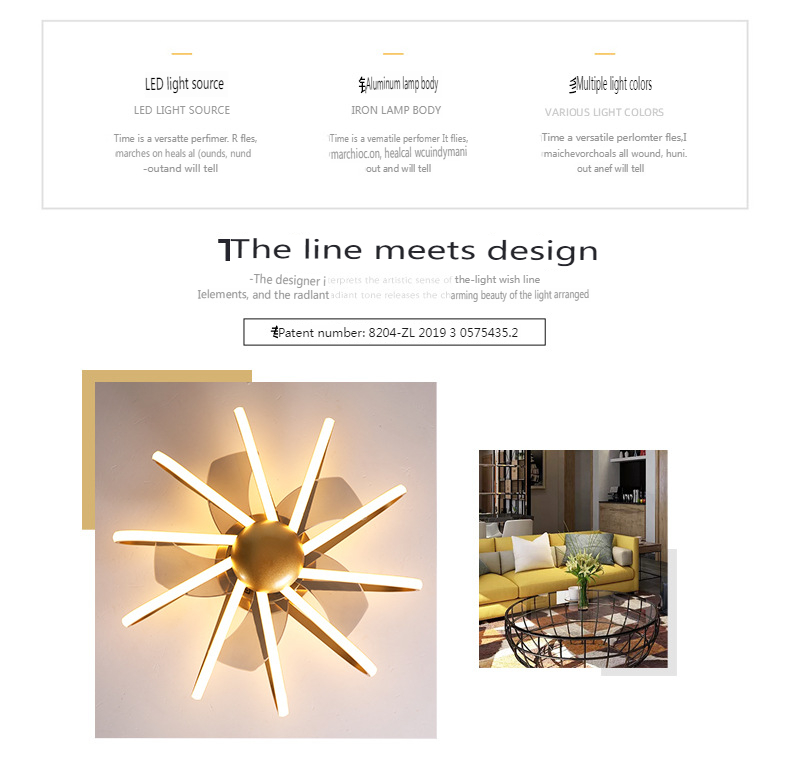As sustainability becomes a growing priority for businesses worldwide, LED ceiling fan light manufacturers are increasingly focusing on cost control in logistics through energy saving and emission reduction strategies. These efforts not only contribute to environmental protection but also enhance operational efficiency and reduce overall costs.
One of the primary strategies employed by manufacturers is the optimization of transportation routes. By using advanced route planning software, companies can determine the most efficient paths for delivery trucks, minimizing fuel consumption and reducing greenhouse gas emissions. These software tools take into account various factors such as traffic conditions, delivery schedules, and vehicle load capacities, ensuring that each trip is as efficient as possible.

Another key approach is the adoption of electric and hybrid vehicles in the transportation fleet. These vehicles produce significantly lower emissions compared to traditional diesel-powered trucks and offer considerable fuel savings. Many companies are investing in electric vehicle (EV) infrastructure, including charging stations at their warehouses and distribution centers, to support this transition. By reducing reliance on fossil fuels, manufacturers can achieve substantial reductions in their carbon footprint.
LED ceiling fan light manufacturers are also implementing energy-efficient practices within their warehouses and distribution centers. For instance, installing LED lighting, using energy-efficient HVAC systems, and incorporating solar panels can significantly cut down on energy usage. Automated systems for inventory management and order processing further contribute to energy savings by optimizing workflow and reducing the need for manual labor.
Moreover, the use of eco-friendly packaging materials is gaining traction in the industry. By switching to biodegradable or recyclable packaging, companies can reduce the environmental impact of their products. Lightweight packaging materials also contribute to lower transportation costs, as they reduce the overall weight of shipments, thereby saving fuel.
Collaboration with third-party logistics providers (3PLs) is another effective strategy for controlling logistics costs and reducing emissions. These providers often have the expertise and resources to implement advanced logistics solutions, including consolidated shipping and reverse logistics. Consolidated shipping allows multiple smaller shipments to be combined into a single larger shipment, maximizing the use of transportation resources and reducing the number of trips needed. Reverse logistics involves the efficient handling of returned goods, recycling, and disposal, ensuring minimal waste.
Data analytics and real-time monitoring play a crucial role in these initiatives. By leveraging data, manufacturers can gain insights into their logistics operations, identify areas for improvement, and implement targeted strategies to enhance efficiency. For example, monitoring fuel consumption and vehicle performance can help in optimizing driving habits and maintenance schedules, leading to further energy and cost savings.
In conclusion, LED ceiling fan light manufacturers are making significant strides in cost control and environmental sustainability through innovative logistics strategies. By optimizing transportation routes, adopting electric vehicles, implementing energy-efficient practices, using eco-friendly packaging, and collaborating with 3PLs, these companies are not only reducing their operational costs but also contributing to a greener future. The integration of data analytics and real-time monitoring ensures continuous improvement and long-term success in these efforts.